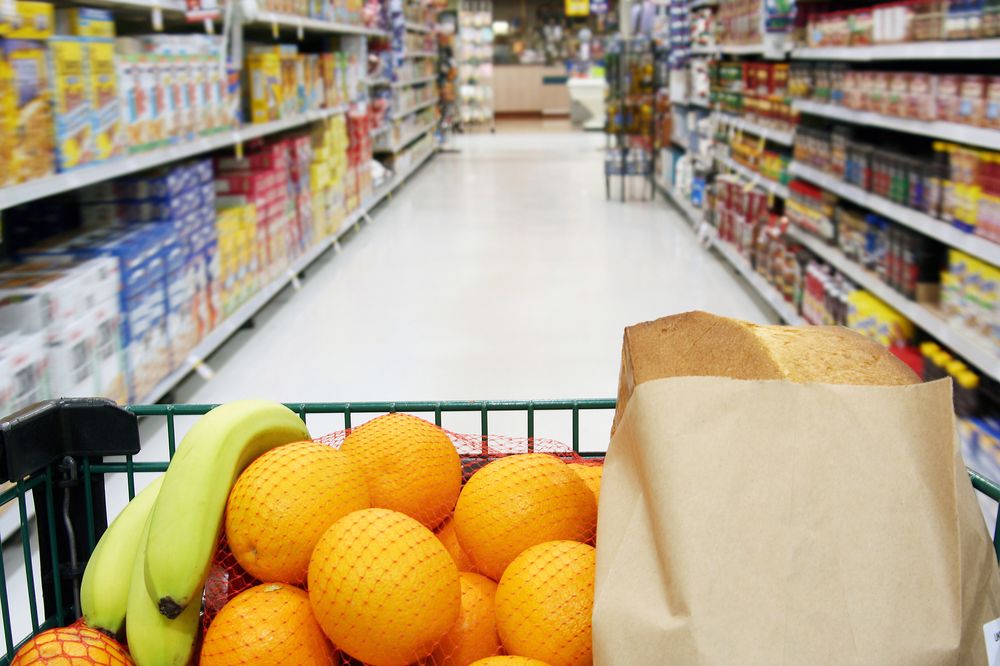While Europe loses competitiveness vis-à-vis the United States and the Asian countries in particular, its leaders are seeking solutions to facilitate an upturn that is not showing up. According to some distinguished economists, the next move of a two-speed (or more) Europe may prove decisive to come out from the impasse that blocks the upturn and slows-down technological development, amplifying social tensions. This solution is supported by the most industrialised countries, led by Germany, that do not suggest pre-set schemes with A-ranking and B-ranking nations, but rather a variable system, which sends the message “united in diversity, where differences and vitality must be guaranteed”. However, the countries less well equipped, obliged to a reduced speed, are afraid of being left behind, and do not accept solutions that may penalise them even more. The old motto “if you want to run, then go by yourself. If you want to go far, go with others” seems to be the motto of these nations, led by Poland and including all Eastern countries. There appears to be a split between Eastern and Western Europe, which recalls the – not too far and very unfortunate – division of the Iron Curtain, which fell by the end of the 1980’s together with the Berlin Wall. A general effort is needed, involving all nations, to redress a complex situation that threatens the future of the European Union. In this situation, politics more than economy will have to find a balance between the various positions, without prejudgements and with a more open approach and more willingness of the countries with increased well-being. Certainly, the problem of the “double quality standard” of some products, alleged by the former eastern block, does not help to find adequate solutions. According to the leaders of some Countries, large multinational companies would use lower-quality ingredients for the products sold in their territories. The charge involves prestigious brands of the food industry – even Italian ones, whose products have undergone to a comparative investigation with similar products purchased in Vienna, revealing differences with regard to composition, taste, and appearance in more than half of the assessed samples. It is a well-known fact that many bigs of the food industry produce their products in different facilities located in different countries, and it is possible that the quality of these products may be different in relation to the production site. Furthermore, it is known that the same groups are testing the use of different ingredients, which are economically more advantageous but not of lower quality, in order to cut production costs. For instance, minor lesser known cereals are being tested, whose nutritional properties are even superior to those of conventional cereals. What may become an interesting sustainable development if conducted with the greatest transparency, may turn into “racism in the food system” if transparency requirements cease to be applied, at least so the Polish Government says.




